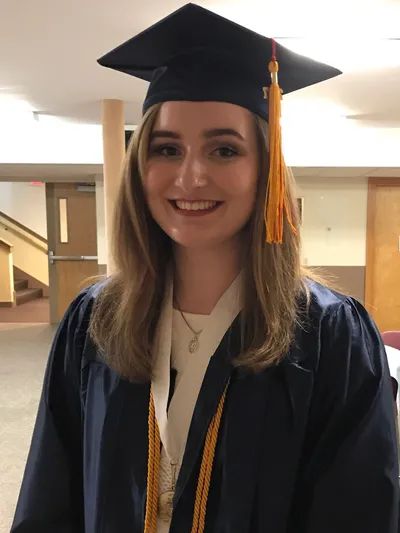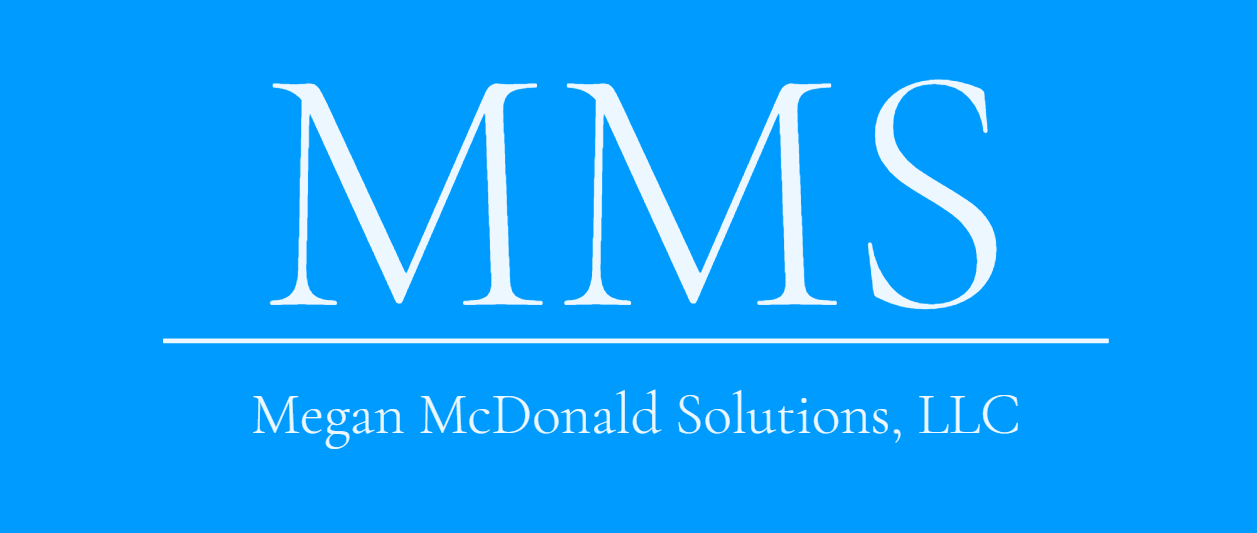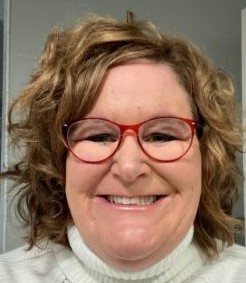Maggie’s Story
Maggie McDonald
November, 2016
Frustration was normal, struggling was expected, low grades were customary, and stunted self esteem was routine. In my eyes, my grades were the determinants of my worth, and I was worthless. This was my perception of life two months before my fourteenth birthday as I sat in front of a dyslexia tester. She asked me to spell rudimentary words, and I could not. She asked me to identify my right and left hand, and I could not. She asked me to name everyday objects in pictures, and I could not. When she asked me to repeat a series of numbers backwards, I felt like she had just asked me to swallow a nail. I could not do it. This terrible experience led to my diagnosis with dyslexia. Any confidence that had withstood the seven and a half academic years of frustration was obliterated. I, like most people, saw dyslexia as a label, and the devastation of my self-esteem.
During the next three years, I persevered through countless remediations in addition to my normal class load. I was home educated, and for one hour a day, five days a week, I sat at a table with three of my younger siblings. Together, we trudged through a phonemic remediation taught by our mother who was trained in an Orton Gillingham program. Remediation was onerous and humiliating, and I was angry with myself for needing it. “If I had worked harder,” I told myself, “I could have avoided this diagnosis; I could have continued to hide it.” I knew, however, that my self-esteem and learning process could not sink any lower than they already were. “All I can do is try,” became my response to every remediation that confronted me.
By my sixteenth birthday, I had graduated from two intensive twelve-week vision therapy sessions, completed occupational therapy, and logged over four hundred hours in phonemic remediation. Now, I could learn; the problem was, I still could not. My grades had increased, but at the price of my energy.
Shortly after my sixteenth birthday, I was once again in a physician’s office. This time, it was a psychologist’s office, and I was answering questions about my focus and exhaustion. I could not even organize my thoughts well enough to answer her questions. I was preparing for the ACT, attending community college classes, and beginning my college search. Another diagnosis and more remediation were not in my perfectly planned-out schedule. When I received a diagnosis of ADHD, I once again swallowed my pride, accepted the diagnosis and the work that came with it, and told myself, “All I can do is try.”
I began executive function remediation and started taking ADHD medication shortly after my diagnosis. After ten years of struggling to learn, I finally experienced the ease of learning that most people take for granted. For the first time in my life, I could form an active thought after 7 P.M. Life was no longer a series of overwhelming tasks. Dyslexia remediation was the key to the door of my learning, but it was not until I remediated my ADHD that I had the strength and focus to push that door open.
Dyslexia and ADHD taught me what hard work can accomplish. I was an angry, frustrated, substandard student at fourteen; I earned a thirty-four on the ACT at seventeen. Success came only through hours of relentless effort. As my learning became less encumbered, my work ethic did not change. The energy that I once spent pushing through my disabilities was now solely devoted to learning.
Dyslexia and ADHD are weaknesses; however, inside those weaknesses dwell my greatest strengths. Dyslexia allows me to view the world in a three-dimensional way. While this makes two dimensional tasks like reading and writing more difficult, three-dimensional tasks like art come naturally to me. My dyslexia inspired me to draw, and my success with drawing inspired me to choose Architecture as my college major. I may never be able to spell sure without googling it, but I am confident that my paintings and sketches convey more than that four-letter word ever could. My bouncing focus gives me the ability to view problems from many different angles, and to synthesize a solution from all the criteria. ADHD allows me to think “outside the box” because I am incapable of thinking inside the box. My “weakness” has become the means of my success, and the means through which I will impact the world.
Nothing has come easily to me in this journey. While preparing for the ACT, I had to submit documentation for accommodations three times with increasing detail before my request was accepted. The final request was thirty-four pages long. At every college I visited, I met with the disability office about my specific needs. I encountered a range of reactions. At one college, the dean told me I should probably go to a different school. While this response wounded me, it only fueled my determination to utilize the talents my disabilities represented.
I am the first diagnosed dyslexic in my family. Since my diagnosis, eight of my younger siblings have also been diagnosed with learning disabilities. My siblings are watching how I own my disabilities. It is imperative to me that they, and others, know learning disabilities do not hold us back, they only push us forward. I want to transform the cloud of shame that permeates dyslexia, ADHD, and all learning disabilities into rays of hope and pride. Regardless of who wins this scholarship, I have already won a great victory. I have conquered my insecurities, embraced my disabilities, and learned to love who I am, and who others with learning disabilities are. My greatest hope is to use my diagnosis, my academic success, and my experience advocating for myself, to advocate for what life with a learning disability can be. My story is still being written, but with every new chapter I hope to shed more light on the hope and talents that learning disabilities give us.



